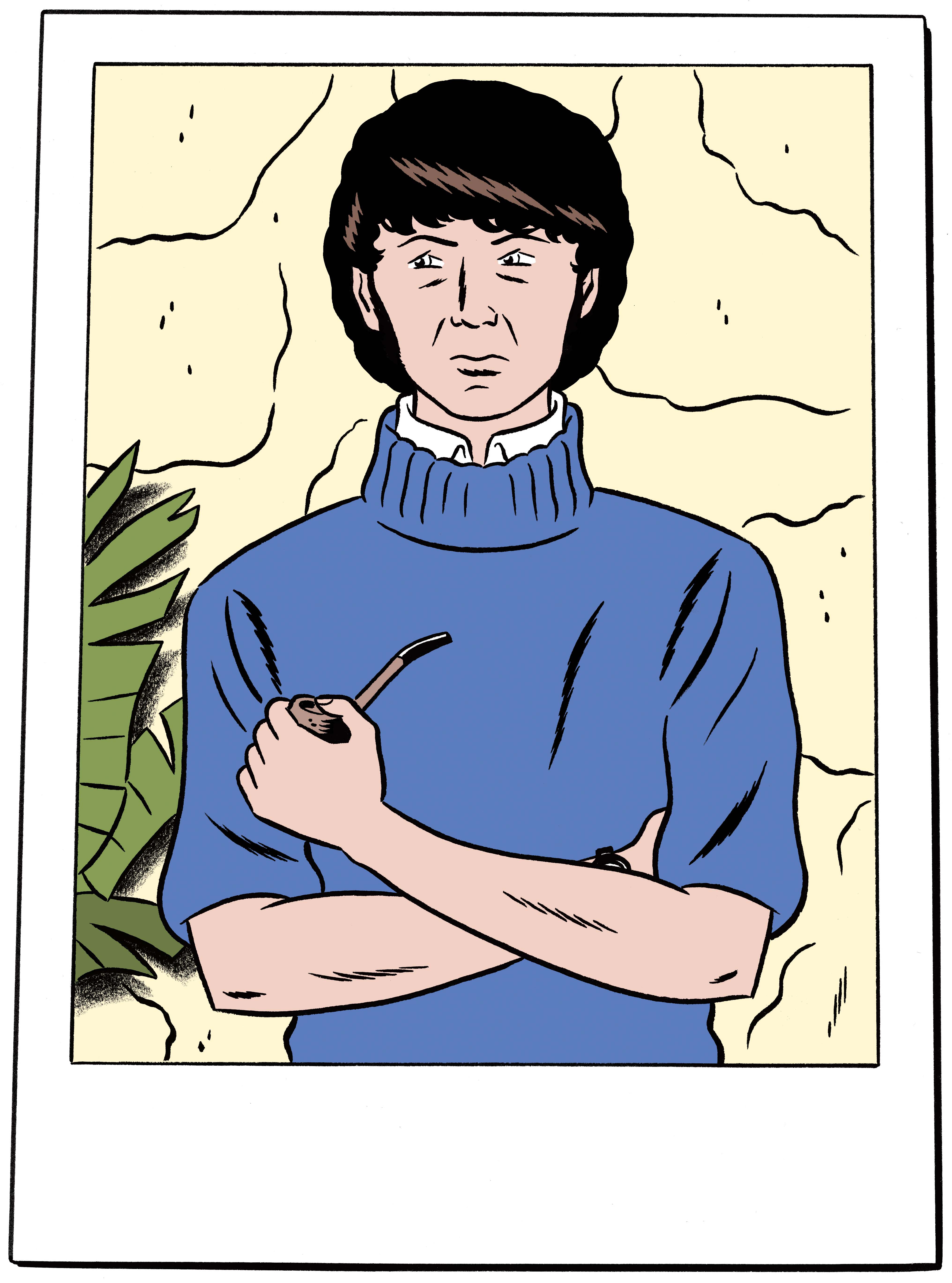In August 1970, I arrived in New York City with five dollars, a broken hand in an Italian cast, and a phone number, given to me by a friend in Tangier, of a woman who loved to cook Moroccan food. I called the number, and Paula Wolfert, who would become one of the most beloved cookbook writers in America, answered. I told her I’d just come from Tangier, where I’d been living and working on Antaeus, a new literary magazine, with Paul Bowles. She said to come meet her and maybe she could help me. She lived in a nice building on East Seventy-Second Street.
We talked about Tangerine friends and, of course, the local food there. She was working on her iconic Moroccan cookbook Couscous and Other Good Food from Morocco. She said I was welcome to stay in her apartment for the next month, as she would be vacationing out of town. I’m not sure what I would have done at that point, being penniless and knowing no one in the city.
You have reached your article limit
Sign up for a digital subscription and continue reading all new issues, plus our entire archives, for just $1.50/month.
Already a subscriber? Sign in





